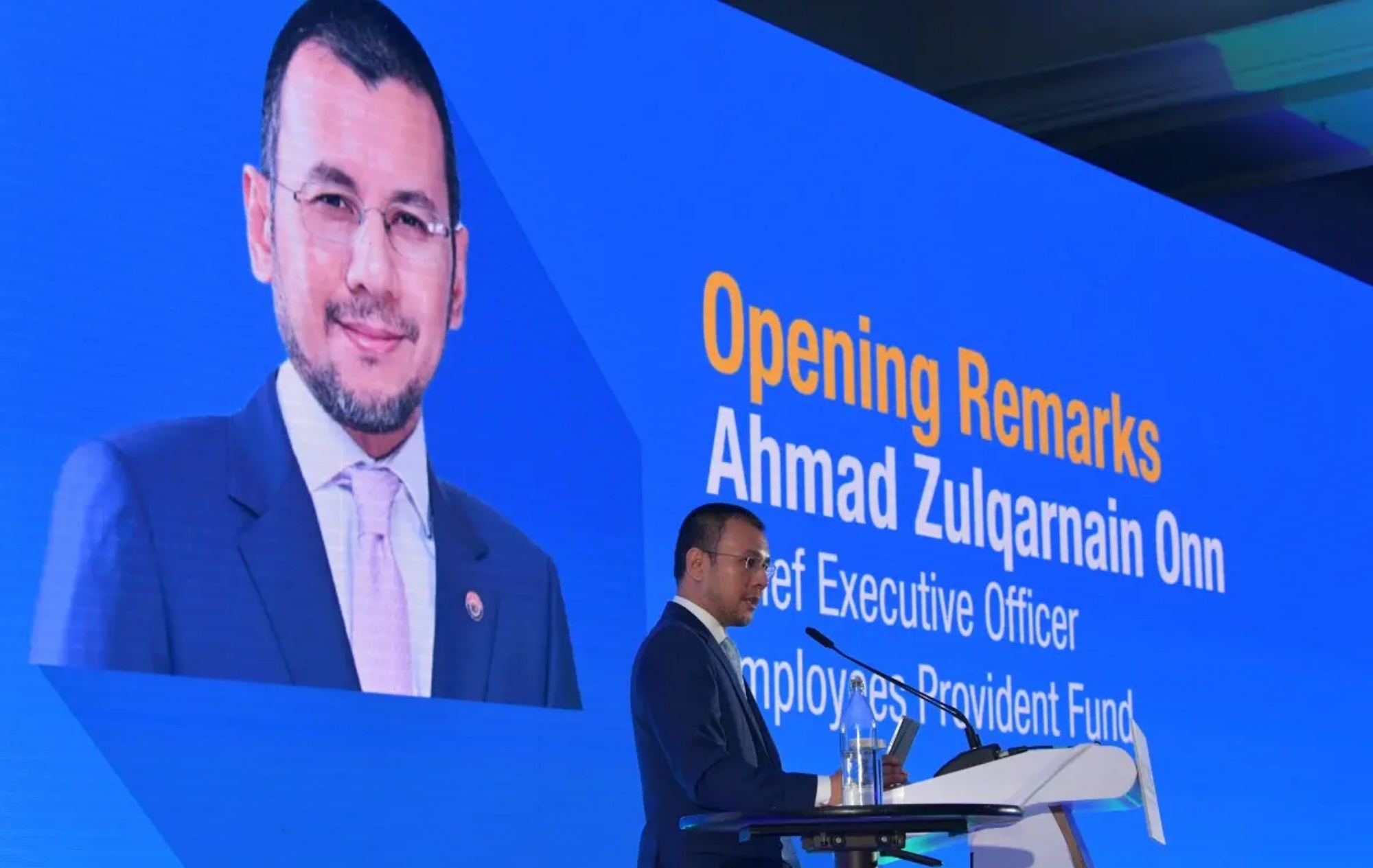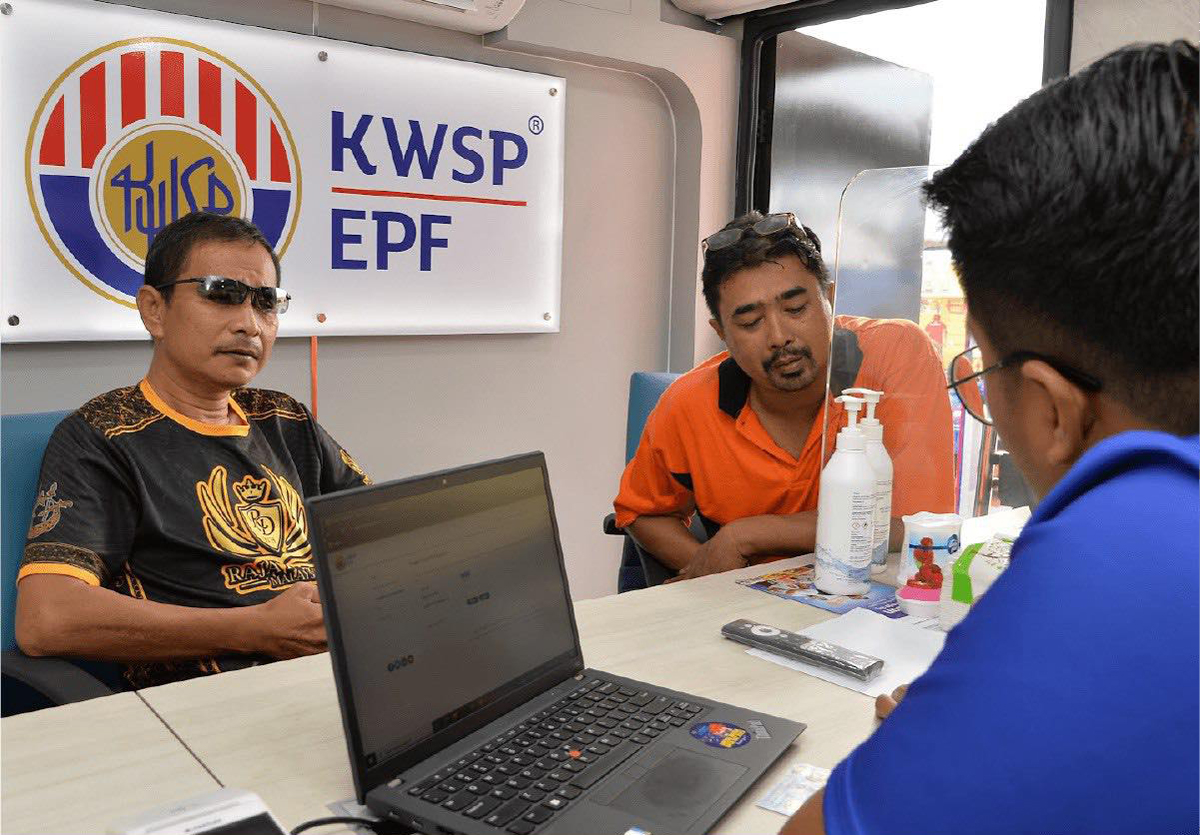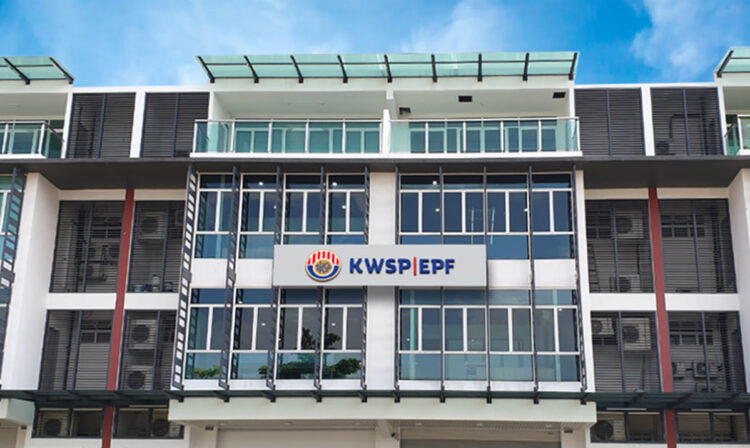Malaysia’s retirement systems are in urgent need of reform to reflect the changing realities of longer life expectancy, evolving work patterns and widespread financial insecurity, says the Employees Provident Fund (EPF, or also known as KWSP). Speaking at the 12th International Social Wellbeing Conference 2025 earlier today, EPF Chief Executive Officer Ahmad Zulqarnain Onn called for a fundamental rethink of existing frameworks, which were built for a past era of shorter lifespans and more predictable career trajectories.
He highlighted that Malaysia is already classified as an ageing society, with over 7% of the population aged 65 and above – a figure set to double by 2044 – while the life expectancy is also projected to rise from 75 years today to 81 by 2050. However, Ahmad Zulqarnain stressed that the country’s retirement systems have yet to adapt to these demographic shifts, leaving millions financially unprepared for old age. Highlighting EPF data from September 2023, he noted that more than six million Malaysians under the age of 55 have less than RM10,000 in their retirement savings.

Ahmad Zulqarnain emphasised that the transition to longer lives must be accompanied by structural reforms, saying that is now EPF’s task to ensure that Malaysians are not only living longer, but are also better prepared both financially and socially for these additional years. He pointed out that today’s workers no longer follow linear careers, often switching industries, upskilling, and adapting to new roles in an increasingly digital economy.
The CEO also warned of a widening coverage gap, with nearly 40% of the workforce, including gig workers and self-employed individuals, lacking formal retirement protection. Calling this a significant social risk, he said reforms must expand coverage and modernise solutions to meet diverse working arrangements and life stages. Ahmad Zulqarnain further emphasised that retirement security should not be limited to savings, but also include access to affordable healthcare, decent wages and inclusive policy frameworks that support adaptability and lifelong learning.

In a related address, EPF chairman Tan Sri Mohd Zuki Ali said Malaysia’s demographic transformation would have far-reaching effects on its healthcare systems, labour force, and broader social structures. He described older adults not just as dependents, but also as contributors, caregivers and active participants in the economy.
The chairman added that this shift demands policies that support lifelong participation, inclusive technology, and intergenerational cooperation. As part of this broader approach, he said the EPF will introduce a new intergenerational savings transfer feature by year-end, allowing family members to contribute to each other’s retirement funds.
(Source: The Edge Malaysia / The Star)


